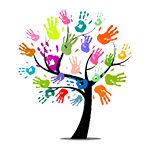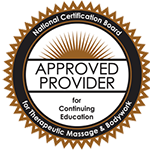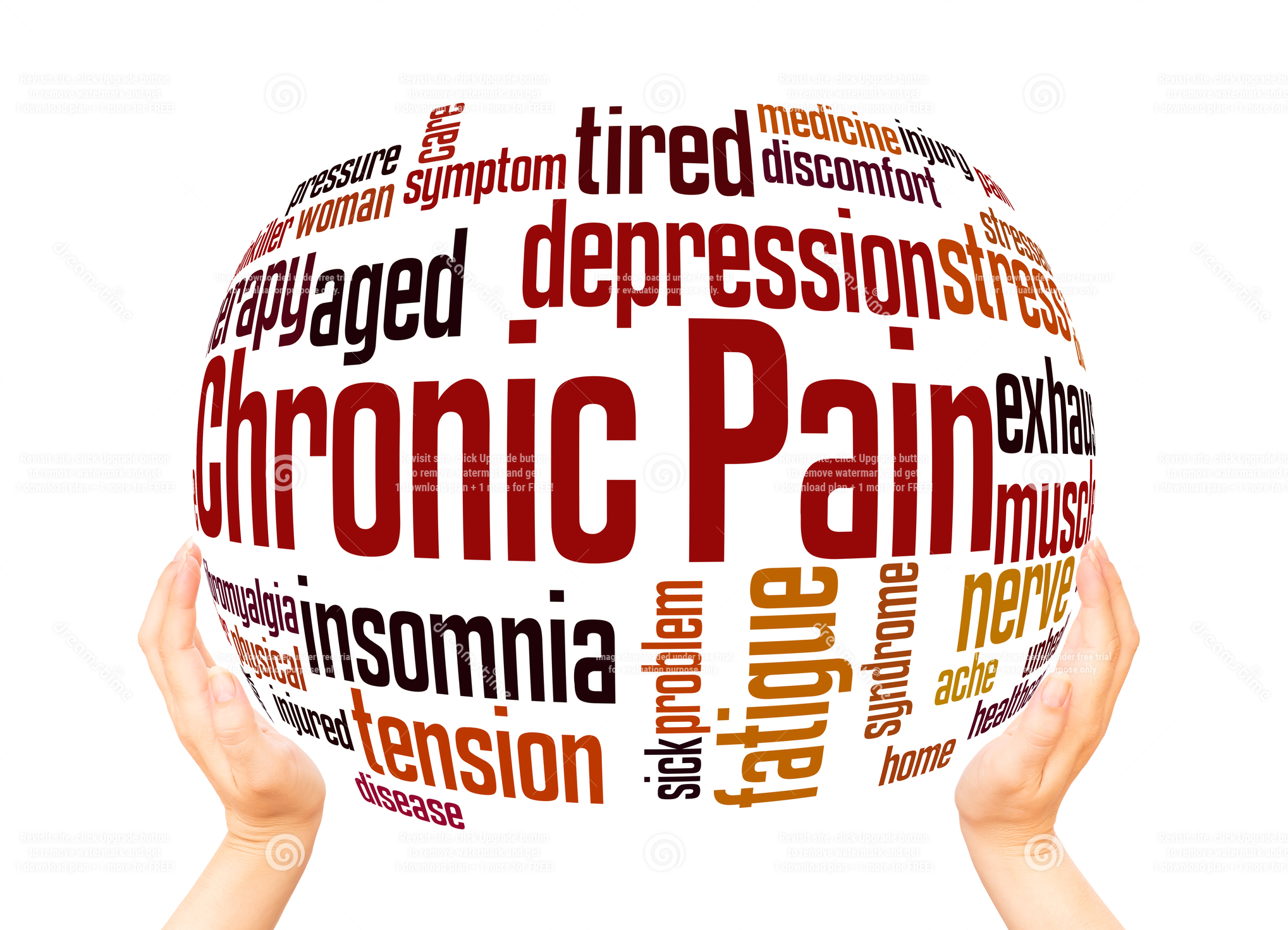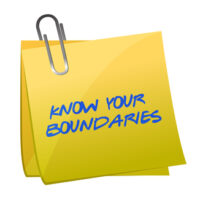Course Description
North Carolina Massage CE
North Carolina Massage Education, 28 CE'S To Choose
See The Exam Before You Start Your Courses! Exam Answers Are in Bold Throughout Course!
Mandatory: 3 Ethic CE’S
In the North Carolina Massage Continuing Education and NCBTMB approved massage bundle, you will be able to choose a variety of CE classes. Complete all courses or just complete the classes that you are interested in or need for massage license renewal purposes. All classes are available for 1 year from the date of purchase and accepted by AMTA, ABMP and other national organizations. North Carolina Massage Continuing Education! Individual State and NCBTMB requirements limit a student to completing no more than 12 CE’s in one calendar day. In order to participate in online continuing education, students must meet the minimum requirements of reading and testing. Each course has the number of CE’S listed next to the course title. North Carolina Massage CE & North Carolina Massage Education.
Course Information
- See the exam before you start your courses. You have 5 opportunities to pass the exam with a 70%
- Review the exam questions before you read the course. Screenshot/Photo the exam questions and use them when you complete the final
- Exam answers are in BOLD throughout course
- Exam answers are multiple choice
- Certificate is emailed to you when you pass the exam with 70%
- Courses are pass/fail. No grades appear on your certification
- Courses are available immediately
- All courses are NCBTMB Approved (#450015-06) – See NCBTMB Approval Below
- North Carolina accepts NCBTMB approved courses for massage license renewal
- Massage CE Learning Tree has been a trusted massage continuing education provider for state and NCBTMB courses since 2015
- Courses are accepted by AMTA, ABMP and other national associations for massage license renewal
- View “Our Approvals”, “State Requirements” and “Instructions” on the top bar of the website or in the phone menu for important information.
- North Carolina Massage Education
Purchasing
- Find a course or course bundle of interest
- Read the course description
- Add to cart/View the cart/Proceed to check out
- You may not purchase for more than one student at a time. Each student requires a separate account and different email addressed not used by another student.
- Fill out your billing and student details: name, licensing # and state are mandatory on your certificates for renewal.
- Place order (there is a short delay as we build your account). Please wait while it processes. The screen will fade for a few moments while the processes complete
- All courses are immediately available in your account
Navigating The Courses
- Once purchased, you will be redirect to “MY ACCOUNT”
- Scroll down and click directly on the course title
- MARK COMPLETE at the end of each lesson to progress through the course
- Complete the COURSE EVALUATION and progress to the exam
- Pass the exam with 70% and your certificate is emailed to you
- Return to “MY ACCOUNT” to take any additional courses purchased or LOG OUT
- LOG OUT and/or LOG IN at any point during your studies to continue on with your courses
- Save your certificates. Courses and accounts are available for one year from the date of purchase.
Courses In The North Carolina Massage Education Bundle Include:
♥ Massage Techniques from Around the World, 5 CE
♥ Communicable Diseases, HIV/AIDS, 3 CE
♥ Aromatherapy for Massage Therapists, 3 CE
♥ Human Trafficking in Massage, 3 CE
♥ Chronic Pain and Symptom Management, 3 CE
♥ Cultural Diversity and Professional Ethics, 1 CE (Can be part of Ethics mandatory requirement)
♥ Professional Ethics in Massage, 1 CE (Can be part of Ethics mandatory requirement)
♥ Business Practices for the Massage Therapist, 1 CE
♥ Professional Ethics, Roles and Boundaries, 2 CE (Can be part of Ethics mandatory requirement)
♥ Diabetes and Massage, 2 CE
♥ Immune System and Massage Therapy, 2 CE
♥ Chronic Fatigue, Fibromyalgia and Massage Therapy, 2 CE
Course Descriptions
Professional Ethics in Massage, 1 CE
The “Professional Ethics in Massage” course includes information on the following:
- Standards and Principles
- AMTA and NCBTMB
- State Regulations and Certifications
- Unethical Behaviors
- Reporting Unethical Behaviors
- Putting Principles of Practice into Action
- Ethical Decision Making
- Accountability
Cultural Diversity and Professional Ethics, 1 CE
Your clients will likely include, not only diverse cultures, races, and ethnicities, but at times, those who are mentally and/or physically handicapped. To promote your skills and knowledge as a massage therapist to culturally diverse clients, your awareness of such differences and understanding the ramifications of bias, discrimination, and stereotyping is important.
Cultural awareness will help you to improve the quality of your massage sessions. This awareness will also prove effective in eliminating barriers regarding culture to provide a positive influence on behaviors and practices within the massage industry.
Business Practices for the Massage Therapist, 1 CE
As a massage therapist, your ethics and conduct are just as important to your success as your skills. Knowing, understanding, and integrating a code of ethics and standards of conduct into your work approach is not only expected, but essential in the field.
As recommended by the various professional massage and bodywork associations, developing, maintaining, and continually striving to enhance a professional image helps, not only the individual massage therapist, but the overall field to preserve our “much strived for” credibility.
The Business Practice course will cover all you need to know about starting your own practice and working with your clients in a professional, ethical manner.
Diabetes, 2 CE
As a massage therapist, you will encounter clients diagnosed with various medical conditions. One of those medical conditions is diabetes mellitus. This course will allow you to gain the skills and knowledge in order to:
Define the difference between Type 1, Type 2, and gestational diabetes.
Recognize the most common signs and symptoms of diabetes and common diabetic complications.
Understand the varied benefits that massage offers to diabetic clients.
Identify contraindications and cautions for diabetic massage.
Explain a variety of complementary therapies that can be used in conjunction with massage to help your clients avoid diabetic complications. Understand how massage can help stabilize blood sugar through relaxation and stress relief.
As a massage therapist, it is your responsibility to share information with your clients on the precautions as well as the benefits of massage. The benefits and cautions of massage will largely depend on their current state of health. Your educational background should help you in identifying unmanaged diabetes or advanced diabetic conditions. This knowledge ranges from the importance of clients testing blood sugar levels prior to and following massage to both the therapist and the client’s ability to recognizing symptoms of hypoglycemia, potential temporary disorientation, and other factors that influence the overall health and wellness of your clients.
Immune System and Massage Therapy, 2 CE
As a massage therapist, it’s important to understand the basics of the anatomy and physiology of the immune system. You may be asked to provide massage for clients diagnosed with autoimmune conditions that may affect your treatment or therapy approaches. This course is designed to provide you with the information you need in order to:
- Learn how the immune system and its components function
- Understand the benefits of massage therapy for autoimmune disorders
- Identify common signs and symptoms of immune system dysfunction
- Differentiate between indications and contraindications of massage for specific conditions
- Identify the most common autoimmune system disorders
- Define which technique is most beneficial for your client based on condition or need
- Understand the pros and cons of steam therapies and wraps for a client dealing with an immune system disorder
In your massage practice, you’ll often be relied on to make informed decisions regarding the safety and benefits of specific massage techniques for your clients that enhance immune system function, relieve pain, and provide physiological as well as psychological benefits. Your knowledge and understanding of massage techniques can very well enhance the quality of life for your clients diagnosed with psoriasis, lupus, lymphedema, diabetes, or irritable bowel syndrome, and other autoimmune disorders or conditions.
Prevention of Medical Errors, 2 CE
This course will cover medical errors which impact the health care system and the high cost of health care insurance. It is imperative that all massage therapists understand the effects of medical errors in order to reduce their rate of occurrence and to protect the general public.
Chronic Fatigue, Fibromyalgia and Massage Therapy, 2 CE
Understanding a variety of medical conditions that you may encounter as a massage therapist is important. In most cases, illnesses and disease processes are well-defined, have a specific cause and treatment approach. However, some diseases may present with an unknown cause, leading to a nonspecific diagnosis. Two of those conditions include chronic fatigue syndrome and fibromyalgia.
As a massage therapist, you may have a client who is experiencing the symptoms of chronic fatigue syndrome or fibromyalgia, with or without an ‘official’ diagnosis.
This course discusses chronic fatigue syndrome and fibromyalgia, and is structured to provide you with the basic information you need in order to:
- Understand the similarities and differences between chronic fatigue syndrome and fibromyalgia
- Define potential causes of each
- Identify how fibromyalgia and chronic fatigue syndrome affect the body
- Differentiate between a tender point and a trigger point
- Determine which techniques may best suit your clients depending on scenario
- Explain to your clients the benefits of massage for chronic fatigue syndrome or fibromyalgia
Professional Ethics, Roles and Boundaries, 2 CE
The course on “Professional Ethics, Roles and Boundaries” will explore the professional role of the massage therapist in the therapeutic relationship.
Having the ability to “read” different situations and “redirect energy” is vital in today’s society and in our field.
Students will have the opportunity to learn how to effectively handle complex psychology situations that are relevant to the massage therapy field. Topics to be covered include:
- Power Differentials
- Personal Ethics vs. Professional Ethics
- Client / Therapist Relationships
- How to Establish and Maintain Professional Boundaries
- Communication; Verbal and Non-Verbal
- Trauma and Emotional First Aid in Session
- Sexual Boundaries, Sexual Abuse and Statics
- Prevention of Sexual Abuse in the Workplace
- Dynamics of Relationships
- Transference / Counter-Transference
- Drama Triangle vs. Empowerment Triangle
Aromatherapy, 3 CE
This course is an introduction to essential oils and the various ways to use aromatherapy in a massage therapy setting. It offers the massage therapist guidelines on safe practice and is not intended to offer diagnostics, prescriptions, or treatment protocols. In this course, you will learn:
- Aromatherapy Explained
- The History of Aromatherapy
- What are Essential Oils?
- Various Ways Aromatherapy Finds Ways Into The Body
- The Effects of Essential Oils on the Body, Mind and Spirit
- Safety Guidelines, Cautions, Contraindications, Indications and Benefits of Oils
- Purity and Storage
- Carrier Oils and Mixing Guidelines
- Extraction Methods
- Oils to Avoid
- Eye Pillows, Cold / Hot Compress, Diffuser, Massage, Bath and Lotion Guidelines
- Therapeutic Properties and Benefits of Specific Oils
- Oils That Compliment and Blend Lovingly
- Harvest and Origin
- Botanical Description
- 30+ Popular Oils
HIV/AIDS, 3 CE
The course on HIV/AIDS, Communicable Diseases is designed to provide you with basic knowledge and information that every massage therapist should know to:
- Understand the difference between HIV and AIDS
- Learn how HIV is transmitted
- Know how HIV is diagnosed
- Understand how the immune system works
- Increase understanding regarding therapeutic massage benefits for your HIV/AIDS patients
- Identify and practice industry guidelines and standards
- Utilize proper sanitation techniques in the workplace
- Protect yourself and your clients from cross-contamination
- Provide physical, emotional, and psychological well-being to your HIV or AIDS clientele
As a massage therapist, you are going to come into contact with clients who do have medical conditions, including HIV and AIDS. Educating yourself regarding the history, progression, and forms of transmission of HIV/AIDS disease processes will enhance your ability to provide professional, safe, and compassionate care to all your clients.
Human Trafficking in Massage, 3 CE
The topic of human trafficking needs to be discussed as part of the training and ongoing education for professional massage therapists because, unfortunately, illicit massage businesses and victims of predators are common within the industry. It’s up to the professionals to help put a stop to it. That means educating ourselves regarding human trafficking or ‘modern slavery’ and where it’s found.
Chronic Pain and Symptom Management, 3 CE
Chronic pain is not only challenging for the person experiencing it, but for family members, physicians, and health care providers as well. A number of treatments and adjunct therapies are available that can help manage chronic pain conditions caused by traumatic injuries, illness, autoimmune conditions, as well as disease processes but for many, there is no cure. However, throughout this course, it is important for the massage or bodywork professional to understand that pain – especially chronic pain – has different implications for different people. You’ll find that signs, symptoms, pain severity, recovery times, etc. will vary due to a number of seemingly endless factors such as injury onset, age, re-injury, overall general health, initial and long-term care, emotional states…specific client issues can go on and on.
Throughout this course, you will not only learn about different types of pain and multiple massage therapies and techniques to help relieve it, you will also learn how pain not only affects the body, but the psyche – the spirit and the soul of the person dealing with it. For many, chronic pain causes severe emotional and social issues.
Massage Techniques from Around the World, 5 CE
“Massage Techniques From Around The World” will introduce you to many different “worldly” massage techniques. This is a fun and informative class! In this course, you will find overviews and/or in-depth information on the following techniques:
- Maya Abdominal, Acupressure, Ashiatsu
- Ayurvedic Massage
- Cactus Massage, Cancer/Oncology Massage
- Creole Bamboo, Hilot Filipino
- Essential Oils and CAM
- Hydrotherapy, Lomi Lomi
- Manual Lymph Drainage, Neuromuscular Therapy
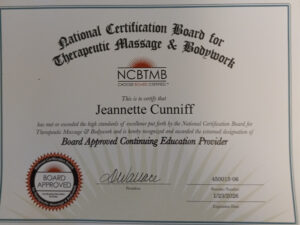
North Carolina Massage Education
North Carolina Massage Education
North Carolina Massage Education
North Carolina Massage Education
Materials
All courses are completely online. Each course exam is graded instantly and, once you pass the multiple choice exam with 70%, your "Certificate of Completion" is immediately available for printing. All course information is available for one year from the date of purchase. The student has an unlimited number of opportunities to pass the exam.
Exams consist of either 5, 10 or 15 multiple choice questions. The exam may be downloaded and printed in advance for easier studying.
Approvals
All of our courses have NCBTMB approval.
